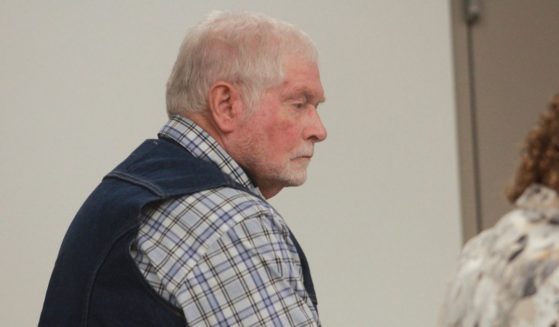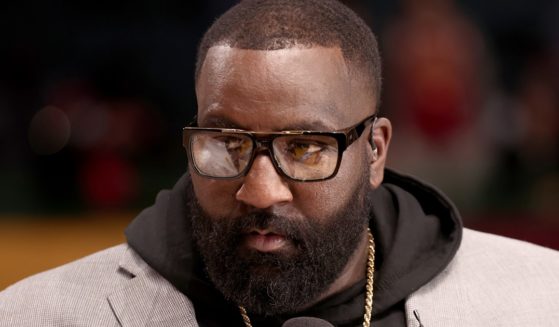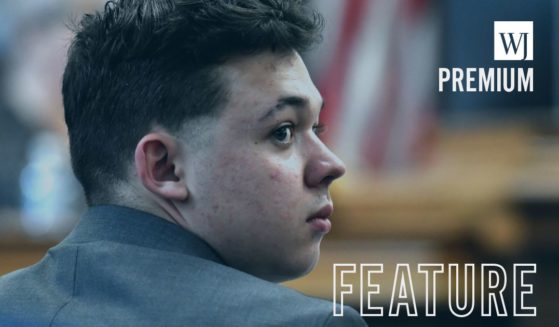Israeli Startup Hopes to Use New Technology to Remove Brain Tumors with Water
An Israeli startup company is developing a surgical robot that would use jets of water to destroy tumors and blood clots in the brain, giving doctors a safer, minimally invasive tool to treat life-threatening brain conditions that currently require major surgery.
Tamar Robotics is among the first to use robotic surgery technology in the brain, The Times of Israel reported.
“In brain surgery there is always the fear of damaging the surrounding healthy tissue, which can result in things like people losing their ability to talk or walk,” said the company’s founder, Professor Moshe Shoham.
“So surgeons are always weighing whether they should operate or not operate, and it’s not easy.”
Tamar Robotics has found testing of the technology to be successful in both lab and animal studies, according to the company’s website.
Robotic surgery is a growing industry that seeks to create more accurate and less invasive procedures that will reduce patient recovery time.
The global market for surgical robots was valued at $4.4 million in 2020 and is expected to reach about $9.6 billion by 2026, according to market research firm Mordor Intelligence.
Tamar Robotics’ technology inserts a needle through a small incision in the head that can be operated on by doctors remotely with the use of imaging software.
“It has sufficient freedom to tackle and treat complex tumor or blood clot shapes in challenging locations within the brain,” CEO Noam Hassidov told The Times of Israel.
“By design, this mechanism is extremely precise.”
Surgeons also can create a “fly zone” and “no-fly zone” for the needle where it will destroy blood clots or tumor cells but leave healthy brain tissue alone.
Doctors would be able to use an integrated ultrasound to guide the needle in real time, which would allow them to see how the brain moves during surgery around the areas that are removed.
“This way, the physician can look all around and can see right away if something moves in the brain,” Hassidov said.
“We can know exactly where the target mass is at all times.”
One of the main obstacles to the technology is the need to develop better imaging technology to help doctors guide the robotic equipment.
But, Shoham said: “We believe that our robotic system can do this better than a surgeon’s free hand.
“We hope we will be able to let the people suffering from these conditions get back to their lives.”
Truth and Accuracy
We are committed to truth and accuracy in all of our journalism. Read our editorial standards.












